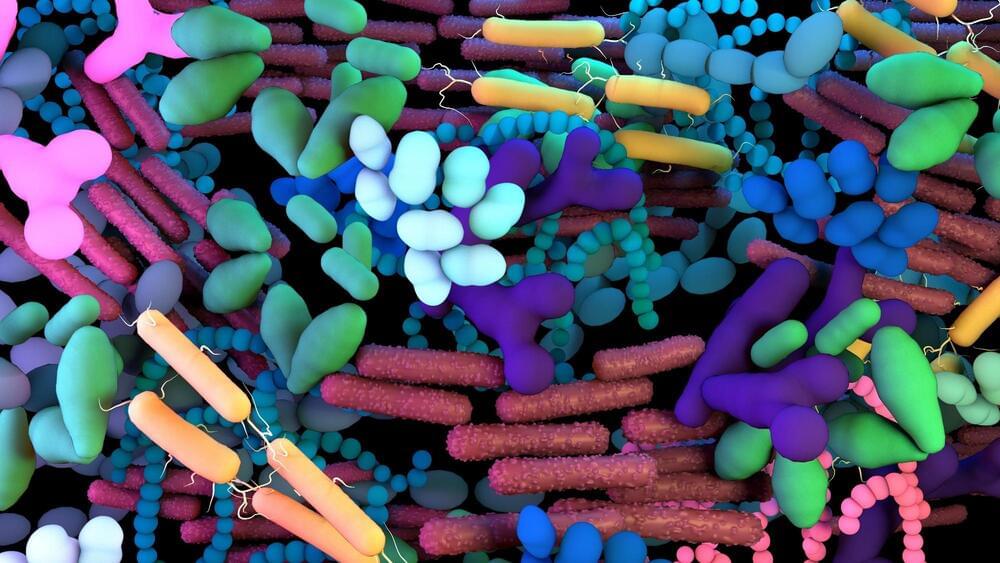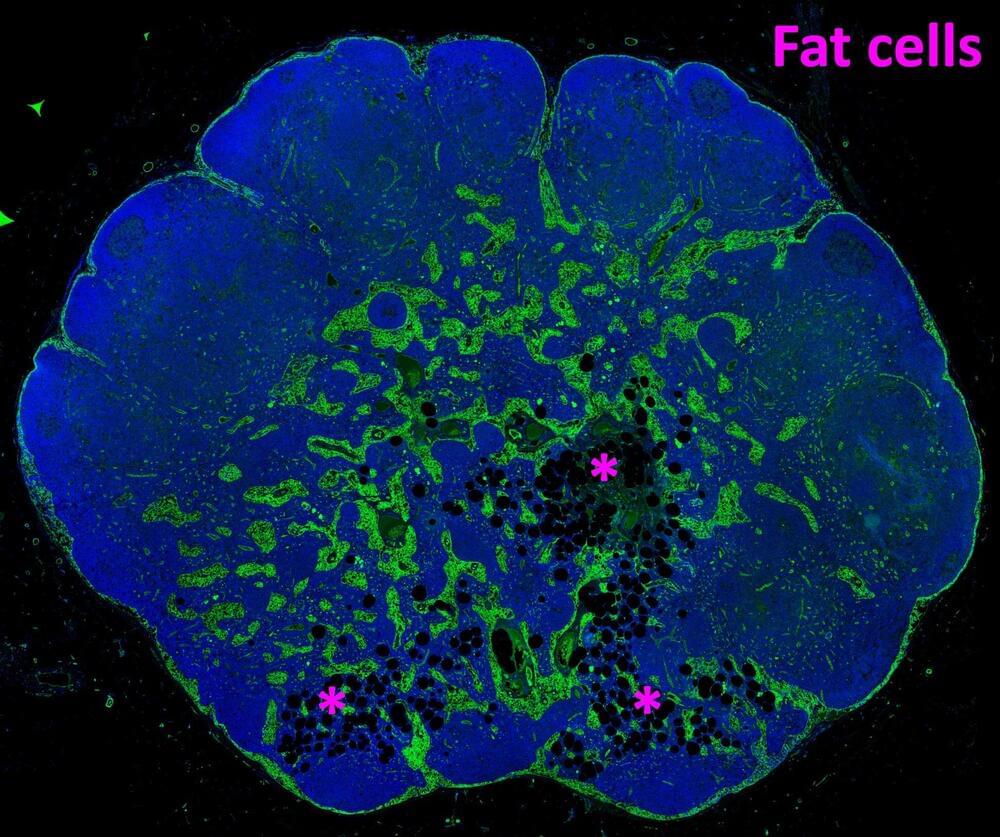In a recent study published in Cell, researchers used a multi-omics approach to profile the gut microbiomes and metabolomes of mothers and infants to determine the vertical and horizontal transmission of bacterial species and strains as well as individual genes and understand the dynamics of the gut microbiome assembly that shape the development of the infant before and after birth.
The vertical transmission of gut bacteria from mother to fetus during pregnancy and the horizontal transfer of microbes through breast milk plays a vital role in the physical and cognitive development of the infant long after birth. Studies have shown associations between the gut microbiota composition of breastmilk and the development of the infant’s immune system, as well as autoimmune conditions and allergies. Furthermore, allergies and autoimmune disorders have also been linked to exogenous proteins in infant formula.
Metabolites produced by gut microbiota are also associated with the infant’s cognitive development. However, the development of gut microbiomes and metabolomes in the perinatal stage and their role in infant development remains unclear.





